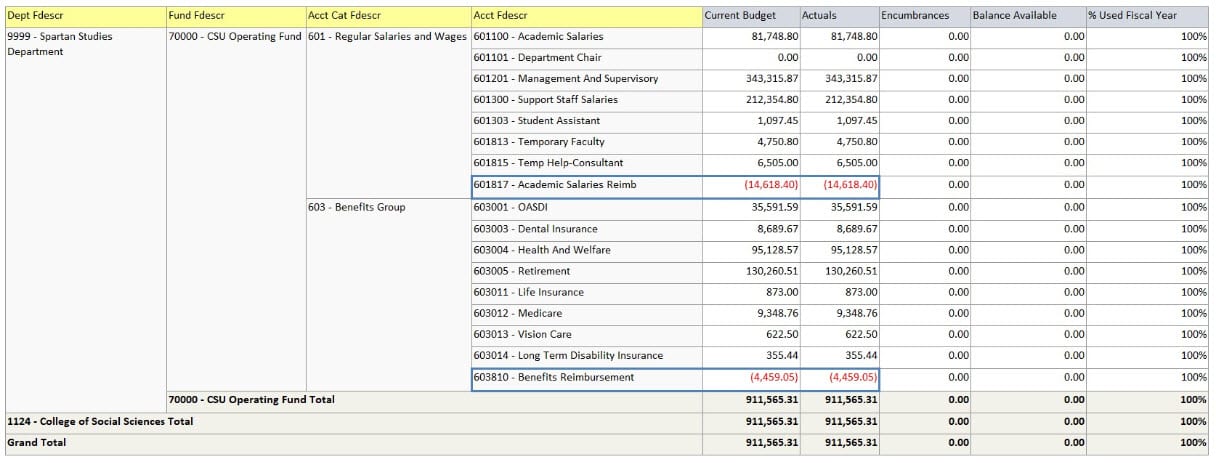After consultation with campus stakeholders, the University has decided to reopen the cost recovery funds used for recording activity reimbursed by the Tower and Research Foundations, effective July 1, 2022. Re-establishing the funds provides a clearer delineation of auxiliary-funded activity from activity supported by the CSU Operating Fund 70000 budget. The cost recovery funds which will be reopened are:
- 78005 – Cost Recov-Research Foundation
- 78006 – Cost Recov-Tower Foundation
Both cost recovery funds are now available in FTS. Moving forward, departments should direct all reimbursable activity for these auxiliaries to the respective fund. Expenditures in 78005/6 must include a Txxxxxxx or Rxxxxxxx project ID, for tracking and auto-billing purposes. Each month, the auto-billing process will be run for these two funds, and the auxiliaries will receive an invoice for the expenses charged to the fund. Departments are responsible for ensuring that adequate and appropriate funding is available at the auxiliary to support the invoice charges; any charges that are denied reimbursement by the auxiliary, for lack of funds or otherwise, need to be moved by the department to another eligible funding source.
In some cases, academic departments will be able to utilize project code 99999 in the cost recovery funds for Release Time Authorizations (RTA) as directed by their division.
